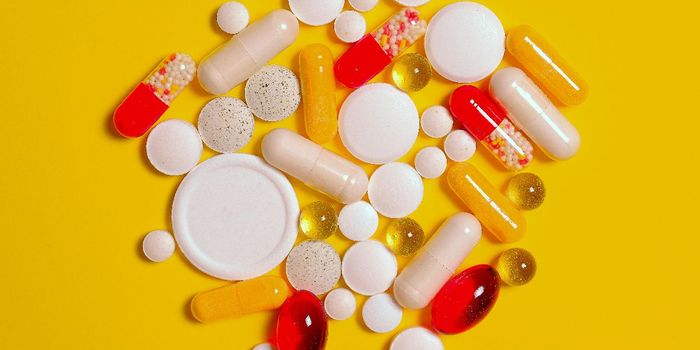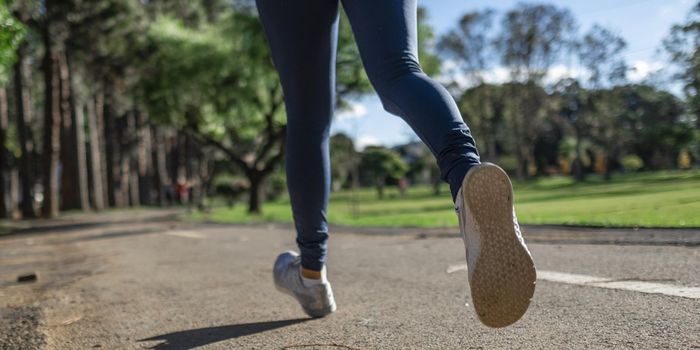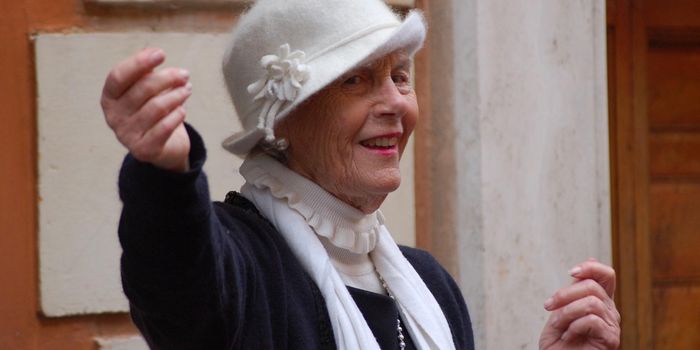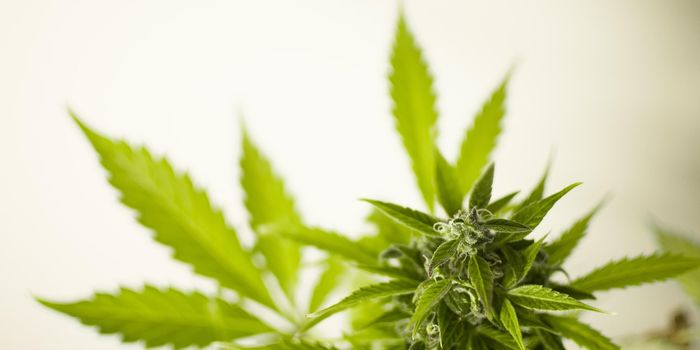Can Coffee Help You Live Longer?
Like a seesaw, the information on coffee and health goes up and down. Research studies on diabetes, Parkinson's and some forms of cancer show some health benefits to drinking coffee. Sitting down with a nice cup of coffee, or grabbing a venti for the commute to work is a regular part of the day for thousands. It's been hard to nail down whether or not coffee is a healthy drink or a horrible habit.
It's been linked to an increased heart rate, but a recent study says that caffeine can actually reduce the frequency of heart arrhythmia. Caffeine can be habit forming, and it's not recommended for pregnant women or others who might have certain health conditions, but overall it's not a dangerous drink. The WHO took coffee off the list of possible carcinogens in 2016, but in California, coffee shops are required to post a warning that the roasting process of coffee creates a chemical reaction that produces a compound called acrylamide, which has been linked to some cancers. The acrylamide issue is ongoing since it happens on toast, potatoes, and other food when they are heated, but for now, at least in California, coffee carries a warning.
The most recent research has suggested that coffee can reduce the risks of early death and the amounts shown to be helpful are more abundant than many would expect. Using data from UK Biobank, the researchers suggested that people who drink at least six or seven cups of coffee a day are 16% less likely to die from any disease than similarly aged people who drank no coffee.
The results indicated that the more coffee consumed, the lower the risk of mortality.
Those that drank lower amounts of coffee still saw a protective effect, but it was not as pronounced. Drinking two to five cups of coffee a day showed a reduced risk of 12%, having just one dropped the rate to 8% and those who drank less than one cup showed a minor benefit of 6%. Going above six to seven cups did not increase the reduced risk, so it seems the "sweet spot" of having a lower risk of early death is about six cups of coffee per day.
The study included 500,000 participants across Great Britain and the study period ran from 2006 to 2010. The average age of participants was 57 years old, and 87% were regular coffee drinkers. The UK Biobank also includes data on lifestyle, demographics and genetic information contained in samples of saliva, blood, and urine.
An article in Newsweek includes an interview with Dr. Erikka Loftfield, of the Division of Cancer Epidemiology and Genetics at the National Cancer Institute in Maryland. She is the lead author of the study and explained, "How well caffeine is metabolized varies considerably from person to person. A few studies have suggested that coffee drinkers with polymorphisms indicating slower caffeine metabolism may be at increased risk of adverse health outcomes. The U.K. Biobank, a very large cohort study with data on coffee intake, other lifestyle factors, and genetics, allowed us to address this question for the first time."
The researchers point out that while the study showed a benefit, the exact mechanism of how it works in the body isn't known, so more research is needed. The benefit was seen no matter whether the drinkers had ground coffee, instant or decaf, so understanding the biological process of what's happening in the body is crucial. They added that while the coffee drinkers in the study had lower rates of early deaths, the results are not an indication that we should all start chugging a gallon of coffee every day. Check out the video to learn more.
Sources: UK Biobank Newsweek JAMA









